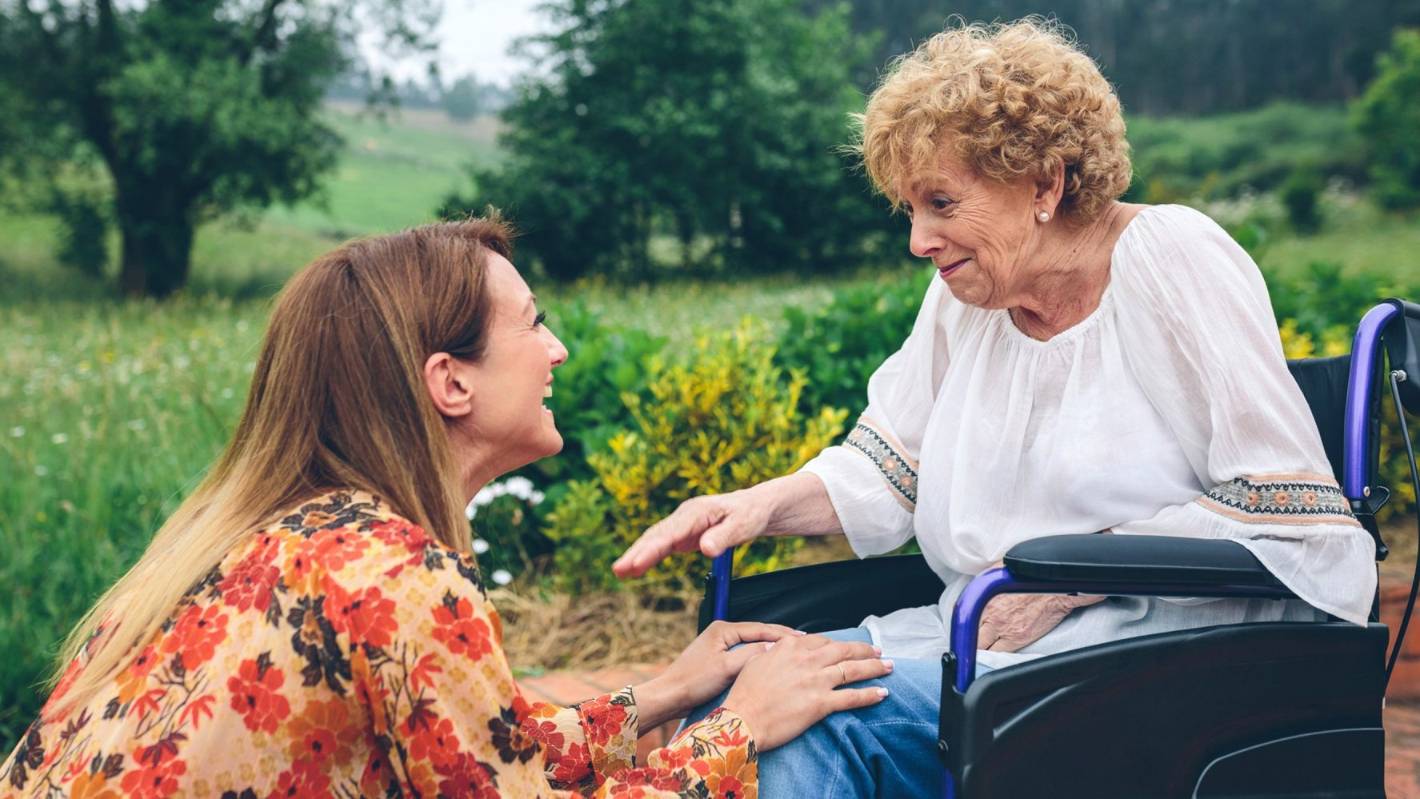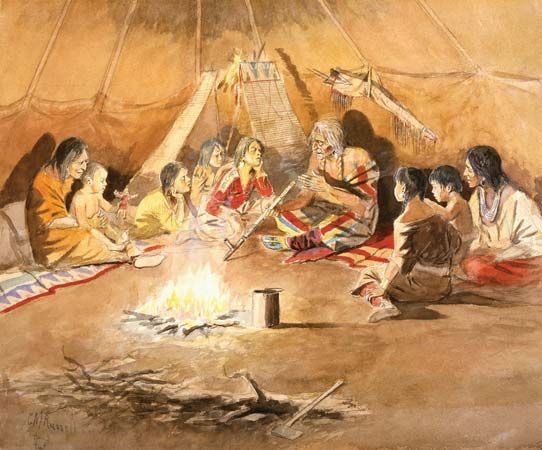Why Is Oral Family History Important?
Growing up I never really knew any of my grandparents and only vaguely have a memory of visiting my maternal grandmother in hospital when I was about 7 years old. Essentially I missed out on the golden nuggets of family history that grandparents and elder family members drop.
The interest I have today in my family history only arose in my mid to late twenties so even if I had been around my grandparents more as a child I likely wouldn’t have paid much attention to the stories they told about family.
Ancestry is Our Top Recommendation
If you love genealogy and family history research, then you must know Ancestry. They are the best way to discover the rich stories of your family!
With over 30 billion (seriously!) records in their database, you can research your family and discover amazing details you may never have known about your ancestors.
With a 14-day free trial, it's very easy to get started and discover your past!
Get Started →
It’s a sad fact that when the elder members of our families pass on we lose a library of experience and information regarding our families. This then is one of the key reasons that oral family history is so important to our research.
Isn’t It Flawed Information?
We genealogists love records. They prove so much and serve to be the basis of our research and the firm ground in which our family trees stand. It is also true that we are taught to be wary of stories because by nature we humans do have a tendency to embellish, misremember or sometimes outright lie about things.
As an example a belief of the family being descended from a famous pirate could come from the fevered imagination of some distant uncle who was fond of the drink and telling tall tales. The truth is that not all family stories are completely true and mistakes can be made.
Even knowing this we can’t simply call all oral family history flawed because ultimately it is literally the starting point for every family tree.
Why Do We Need Oral Family History?
Our genealogical research literally starts with oral or spoken family history. It gives us context regarding our family from the living memory of its oldest members. When we listen to our family talk about our ancestors telling stories about Grandpa John and the Bull, or great aunt Joan and her dogs we are learning so much.
It is during such conversations we should be asking questions like was Grandpa John a farmer? Where was his farm? If we have a chatty family elder we need to take advantage of that and take notes. We can find out where our family came from and who notably might be related to us.
Stories can sometimes be passed down through generations and yes they may get altered along the way but they could still hold clues to an ancestor who fought in a war or who may have been a pioneer of a certain industry or geographical location.

Even little clues regarding an ancestor can mean the difference between finding a record or completely missing it. We must remember that not everything is recorded in documents, for instance oral family history may reflect that Grandma had 8 children whereas only 7 are found in record. The eighth may have died soon after birth and was buried in the family plot unrecorded.
It is the intangibles that oral family history can add to the story of your ancestors that simply can’t be found in the official records. We may only be able to find stories about ancestors within the past few generations but we learn more about them than simply their age and where they were born.
I know from a census that a great great uncle of mine must have met his wife while working as staff at the same house in Wales. The story of that romance may still exist in the oral family history of their descendants today and envy them that tale.
Oral History Is Important Historically
A person's memories are not always accurate and this can be especially true as they get older. Sometimes though they may remember facts that even the history books do not reflect. We think we understand what it was like during a particular time until we hear from someone who actually lived it.
The history books may try to describe a situation and its impact but sometimes the individual view of a first hand witness can be enlightening. There are events in history that if we only viewed them on the records and statistics we would not understand their significance.

A clinical rendition of the Vietnam War for instance may describe the outcomes of battles but an old soldier who lived through it can tell you how they felt. You can better understand the true impact of an event by someone who experienced it.
Oral History Is Vital in Some Cultures
There was a time historically that all we had was oral history. This was the way we passed on information and how we taught the next generations the skills that we developed. Over time as writing developed so did record keeping.
We started to only focus on what was written down because we no longer needed to pass down all aspects of life verbally. Important things that should be passed on might be forgotten because they were not deemed notable to be worth recording in documentation.
Often we forget however that there are still cultures for whom oral tradition is important. It is part of the community's way of passing on knowledge. Linguistic and cultural ideas have been passed down for generations in some cultures and never recorded in documents.
If you take Native American oral tradition as an example they have stories that have proven to foreshadow later scientific discovery. As an example it was recently discovered that humans and mammoths likely lived alongside each other in the Vermont area as recently as 12,000 years ago.
This was news to the science community but the ancestral tribe of the region, the Abenaki, have oral tradition describing mammoth-like creatures. They knew from their legends that at one time their ancestors knew of and maybe even hunted mammoths.
How Do We Preserve Our Oral History?
Preserving oral history is easy, we just need to drive to do so. If we get the chance to talk with our older family members about the history of the family we need to record this in some way. A great way to do this may be to record the conversation if your family member is okay with that.
If we can get an audio recording of the family stories, not only do we have the story but also a recording of the person telling it which years from now may be something we treasure. If we cannot record the story audibly we need to record it in a journal.
Prepare for talking with older relatives by maybe pre-planning some questions and a suitable way to record the answers they give. Talk with these relatives ahead of time and determine if there are any topics they do not wish to discuss. Some stories, after all, are too private to share.
Always make sure that your relative is happy for you to record the information they give you and that they do not mind if you share it with other family members.
Conclusion
There was a time when all we had were the words we spoke and the only way we learned was through stories. We have many of us forgotten the importance of oral history and especially that which can be offered by the elder members of our family.
Every journey into genealogy requires the input of our older family members because they can remember people who died years before we were even born. There may be some elements of fiction to the oral family history but it also might teach us things we could never find in the history books of document trails.
Link To or Reference This Page
We spent a lot of time downloading, cleaning, merging, and formatting the data that is shown on the site.
If you found the data or information on this page useful in your research, please use the tool below to properly cite or reference Name Census as the source. We appreciate your support!
-
<a href="https://namecensus.com/blog/why-is-oral-family-history-important/">Why Is Oral Family History Important?</a>
-
"Why Is Oral Family History Important?". NameCensus.com. Accessed on April 25, 2024. https://namecensus.com/blog/why-is-oral-family-history-important/.
-
"Why Is Oral Family History Important?". NameCensus.com, https://namecensus.com/blog/why-is-oral-family-history-important/. Accessed 25 April, 2024
-
Why Is Oral Family History Important?. NameCensus.com. Retrieved from https://namecensus.com/blog/why-is-oral-family-history-important/.
